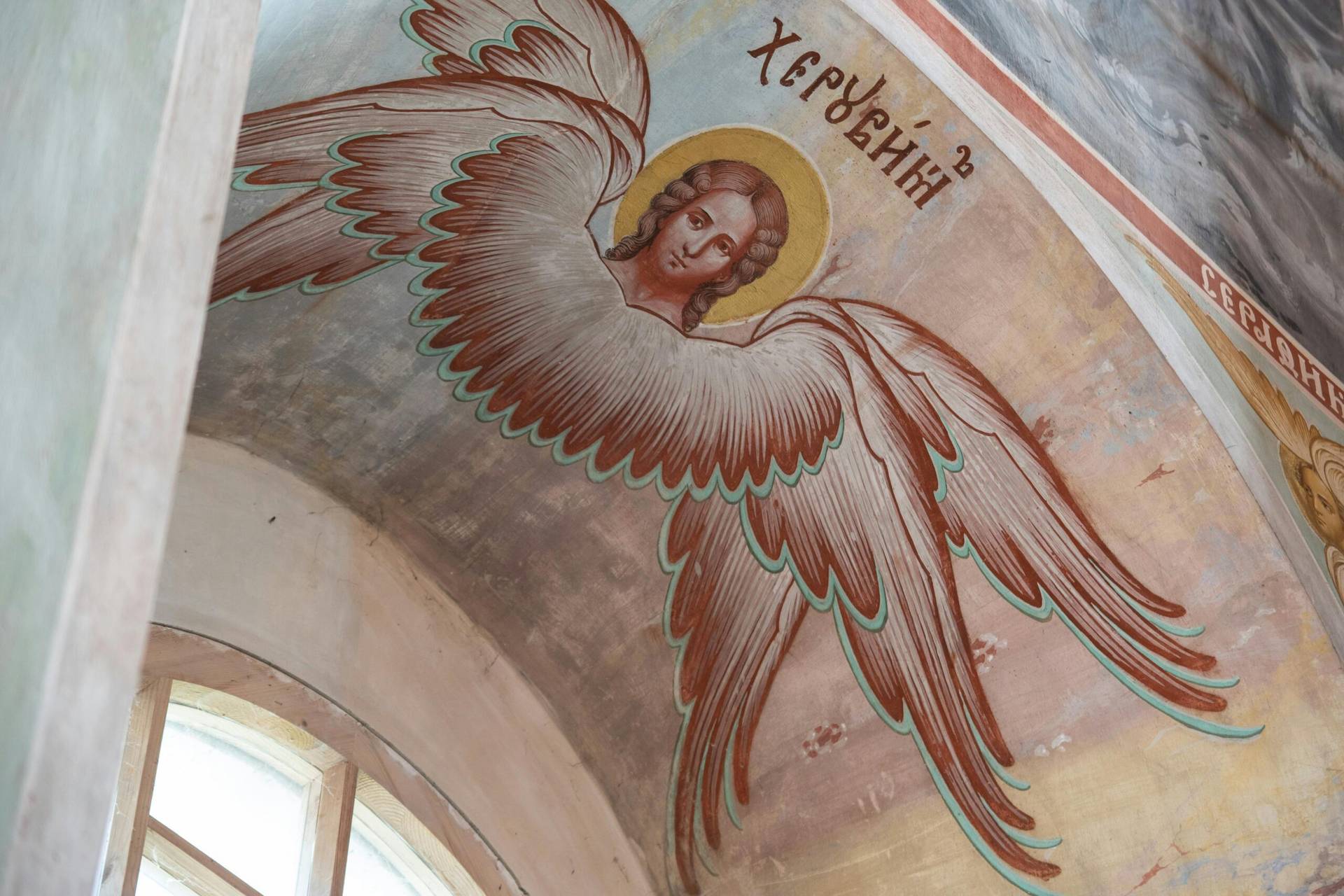Advent provides some time for reflection. In particular, it might be helpful for us to reflect on what the significance of the Christ event in Bethlehem was all about. What role did it play in human history? Why is it so vital to the West?
Before the Christian message was brought to the peoples of what would eventually became “the West,” their diverse cultures were marked by a cosmology of fear, constant tension, and misery. Myths summarized this despair as they described the evil of the earth, the licentiousness of the gods, and the insignificance of human beings. Life was dark and nihilism was the rule of the day.
Then, in the fullness of time, the eternal Dawn from on High broke upon the human family. The One true God revealed himself. No longer in the disguised prophecies of Israel, God broke through in a splendid, universal, and marvelous fashion. Not from the mind of one god, or the loins of another. Not falling from the sky, or exploding upon the earth in fire and earthquake.
No, the One true God came to us as we come to each other. He was born of a woman. This central event – God becoming a man in Jesus Christ – is the definitive form of the radical Judeo-Christian belief that God is One and that he is searching for us.
This fundamental belief lies at the heart of what the West became and how it developed its worldview. This incarnational assertion gave birth to the institutions of the West, from hospitals to orphanages, schools and services to the poor.
This central Christian belief is the heart of Western culture. It broke the pathetic, pantheistic, deterministic pagan worldview of angry, vengeful gods in a dark world of personal despair and meaninglessness. It brought an abundant, eternal light, that allowed for true hope to be born, our dignity as a race to be recognized, and our human creativity to flourish. It made all the difference and the creation and development of Western culture reflects this reality. God is One. He is searching for us. He has come to us as one of our own.
As this profound belief has waned, so has its blessings. As we see the formerly deterministic worldview – with all its demons – being ushered back into Western culture, we have to make some decisions. Will the diminishing of the light be allowed? Will we reject the darkness?
The Christian community, and its institutions, are especially called to fight for goodness and light. They are to argue and give witness to the reality of the Incarnation and Paschal Mystery, namely, of God’s search for us through the taking on of human flesh, by dying a human death, and by gloriously rising from the dead.
The contemporary attempts by secular activists to silence and shame, privatize and trivialize Christian beliefs, practices, and influence are best approached – and deflated – by lives of personal holiness, strong marriages and families, and faith-based organizations that are intentionally and holistically sharing the light of the Incarnation and Paschal Mystery through compassion, merciful love, and selfless service to the poor, the sick, and to others in need.
As the Advent season moves along, these can be helpful reflections for us. As Christians, how are we integrating the truth that God is searching for us? How are we trying to give expression to this truth in how we live and what we share with non-believers?
In our Gospel reading today from Saint Luke, different groups of people ask John the Baptist what they should do and how they should live after their baptisms. To each group, the Baptist gave practical answers: “Even tax collectors came to be baptized and they said to him, Teacher, what should we do?’ He answered them, ‘Stop collecting more than what is prescribed.’ Soldiers also asked him, ‘And what is it that we should do?’ He told them, ‘Do not practice extortion, do not falsely accuse anyone, and be satisfied with your wages.’”
While the coming of Jesus raised the event of John the Baptist to unimaginable heights, his answers are still helpful. Oftentimes, it’s the practical, everyday answers that give the greatest signs of faith. It’s by living with hope, integrity, kindness, and a servant’s heart that the Christian believer can best give witness to the essential and world-changing truth that God is indeed searching for us.
This is the Advent challenge given to us by the God-made-Man. What will we do with it?
Earlier this month, Father Kirby’s new book, God’s Search for Us: Five Lessons from a Missing Coin, was released by Pontifex University Press. Portions of this column were taken from its Introduction.

















